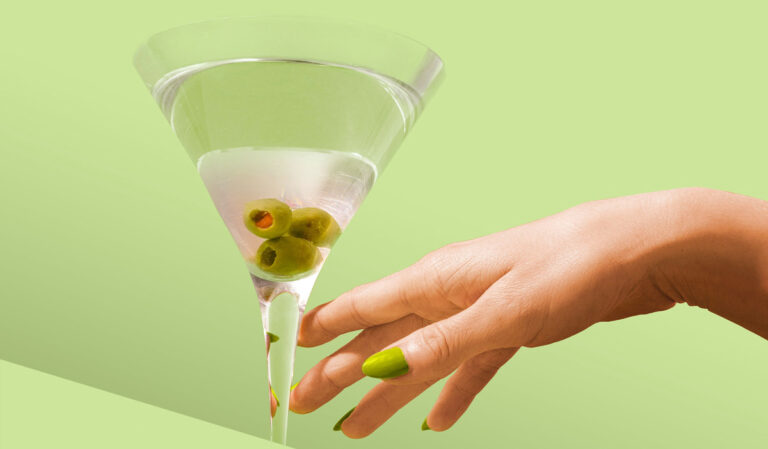As violence against women continues to rise in the UK, roofies are making a dreaded comeback

From Sarah Everard to Sabina Nessa, every day we hear more and more examples of violence against women in all forms. To us women and feminine-presenting people, it’s unfortunately not a shock. With the UK government and police issuing useless advice, another issue is on the rise—date rape drugs. This worrying surge is not the first sign that something is endemically wrong with our patriarchal and violent society. Such a malicious tactic is done so much that it is commonly referred to not only as a noun but as a verb. It’s called ‘getting roofied’.
Getting roofied (for example, ‘she got roofied at that party’, or ‘someone slipped a roofie into her drink’) was coined around 1999 as a slangy rendition of the substance rohypnol—the most rampantly used ‘date rape drug’ at the time. Although certain drugs (like rohypnol) are no longer in frequent use as they once were, ‘drink spiking’ in general is reportedly on the rise. Not only involving drugs, ‘drink spiking’ can also entail adding alcohol to an individual’s non-alcoholic drink (without their consent) or even slipping additional alcohol to an already alcoholic drink (again, without their consent). Drink spiking often occurs with the commonly known intention of sexual assault.
In an investigation conducted by the BBC, it found that between the years of 2015 to 2019 there were 2,650 drink spiking victims in England and Wales—71.6 per cent of whom were women, with 255 of the victims being under the age of 18. In a public Freedom of Information (FOI) document released by the West Yorkshire Police in May 2021, the number of offences relating to drink spiking (recorded from 1 January 2020 to 31 December 2020) was 52. Now that clubs are open again, can we unfortunately expect this number to shoot up once again?
It must be noted, however, that these (or any) statistics on the crime are not accurate enough to assess the real scale of the issue. What’s clear as day is that the number of people sharing their stories online shows how terrifyingly endemic this is and, of course, the police are fucking it up as usual.
One 23-year-old university student told the Norwich Evening News in September 2021 that she and four of her friends had all experienced this vile tactic, “It was a shock the morning after to realise I’d been drugged… I know my limits and what I can handle, and the way I reacted was completely abnormal.” She continued, stating that the clubs have done very little to rectify the problem, “I don’t know why so many of us are getting spiked now when we never have been in the past… All the awful people out there who enjoy doing this obviously haven’t been able to get their fix for 18 months [and] are making up for lost time.”
More recently, just last week, two 18-year-old men were arrested after a video clip that went viral on social media showed them spiking a young woman’s drink; the footage, which was reportedly taken in the nightclub Pryzm in Bristol, has since been removed from Twitter and the men released on bail with a ban of entry to all nightclubs. The clip shows one of the men slipping a tablet into a woman’s drink while reaching behind her to grab his own drink. Following their arrest, the police issued one of their super-helpful statements, “If you believe your drink has been tampered with on a night out, we’d recommend alerting bar or security staff at the venue, reporting the incident to police by calling 101 and seeking immediate medical advice.”
Another victim called Shauna, speaking to The Tab, details the events of her first night on the town after lockdown. Feeling incredibly drunk after just one drink, Shauna disappeared from her group of friends for about 45 minutes. “I’m not the sort of person to walk off alone, so I’m sure someone would have pulled me or asked me to walk away with them… Apparently I was texting my friend, saying that I needed help and I was scared.”
Much of the advice on how to protect yourself from such attacks is stuff we have heard time and time again. I don’t even need to list them anymore. Products have even surfaced, like the NightCap, a “drink spiking prevention scrunchie,” over the years to ‘help’ us protect our drinks from being spiked. The real issue is men. Don’t ‘AllLivesMatter’ me with a #NotAllMen statement, because it really is #AllWomen who are at risk. The ‘advice’ and aid being given out by the UK government and police in recent weeks has been abysmal to put it lightly, and only continues to highlight the systemic roots of violence against women and its subsequent failings in protecting us.




